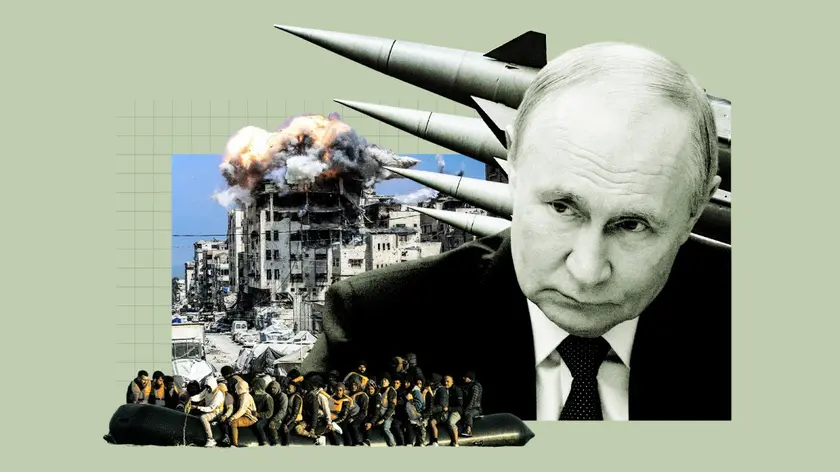T4K3.news
Ceasefire proposal on Gaza gains support
Hamas accepts a 60 day ceasefire with hostage release in a staged plan, backed by mediators in Cairo as talks continue.
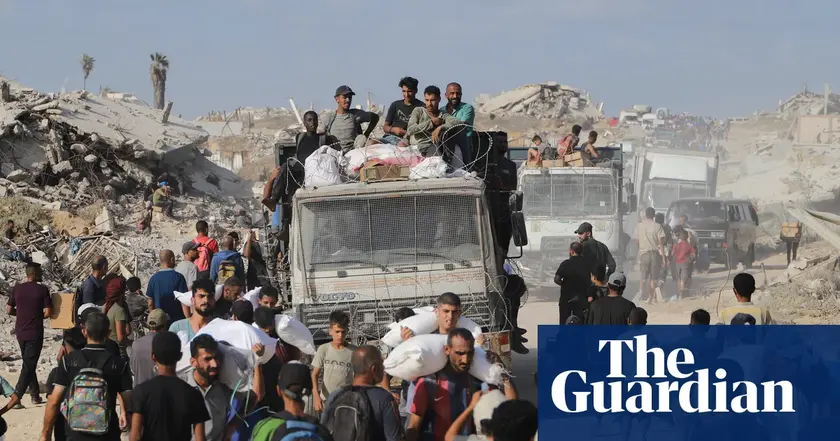
Hamas signals acceptance of a 60 day pause and hostage exchange as mediators push toward a broader deal.
Hamas Accepts Gaza Ceasefire Proposal Linking Hostage Release
Hamas officials say they have accepted a Gaza ceasefire proposal that would suspend military operations for 60 days and exchange half of the roughly 20 remaining Israeli hostages for Palestinian prisoners in a phased process. The plan emerged after talks in Cairo involving Egyptian and Qatari mediators, and comes as Gaza health officials say 62 000 Palestinians have died in the 22 months of war. The proposal would be presented to Israel on the coming days amid domestic pressure in both societies to secure a deal that ends the fighting and the hostage crisis.
The arrangement would also involve continued discussions during the pause about a broader framework to end the conflict. Egypt has taken a more central mediator role as Israel weighs its next moves, including the possibility of a large ground operation in Gaza City that could displace hundreds of thousands of people. The talks occur alongside international concerns about civilian suffering and mounting calls for a sustainable path to peace.
Key Takeaways
"A pause in fighting buys time but tests the patience of both sides."
editorial reflection on the ceasefire pause
"Diplomacy arrives on Cairo doorstep while civilians wait"
analysis of mediation role
"Trust will be the true currency in any lasting deal"
core negotiation insight
"Public pressure could push leaders toward a real breakthrough"
political dynamics insight
If the plan moves forward, it would test Hamas's willingness to restrain military actions and Israel's readiness to trade a limited hostage release for wider concessions. The hostage issue remains the most politically sensitive lever, and any deal will require robust verification and guarantees to prevent a new cycle of violence. The talks also reflect a wider shift in regional diplomacy, with Egypt and Qatar coordinating with Washington and allied capitals to shape a framework that could outpace rigid demands for total victory.
The negotiations come at a moment of intense domestic pressure in Israel and growing international concern about civilian toll in Gaza. How leaders balance political credibility with humanitarian responsibilities will determine whether this pause translates into a durable ceasefire or a renewed phase of conflict. The coming days will reveal how much room there is for compromise and how much trust remains to be built between adversaries.
Highlights
- A pause in fighting buys time but tests the patience of both sides.
- Diplomacy arrives on Cairo doorstep while civilians wait.
- Trust will be the true currency in any lasting deal.
- Public pressure could push leaders toward a real breakthrough.
Political and humanitarian risk in ceasefire talks
The move toward a 60 day pause and hostage exchanges could provoke domestic backlash, test government credibility, and risk renewed violence if verification fails. The plan also raises urgent humanitarian concerns as civilians face displacement and potential new offensives.
The next steps will test whether a pause can become a path toward lasting peace.
Enjoyed this? Let your friends know!
Related News
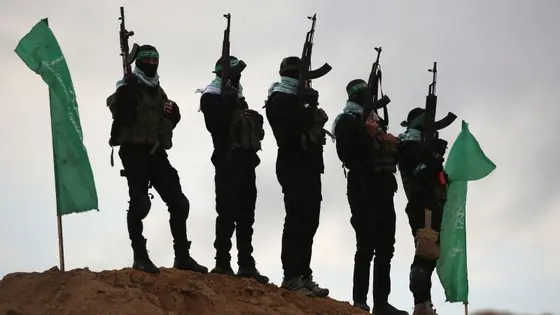
Arab states demand Hamas to disarm in groundbreaking statement
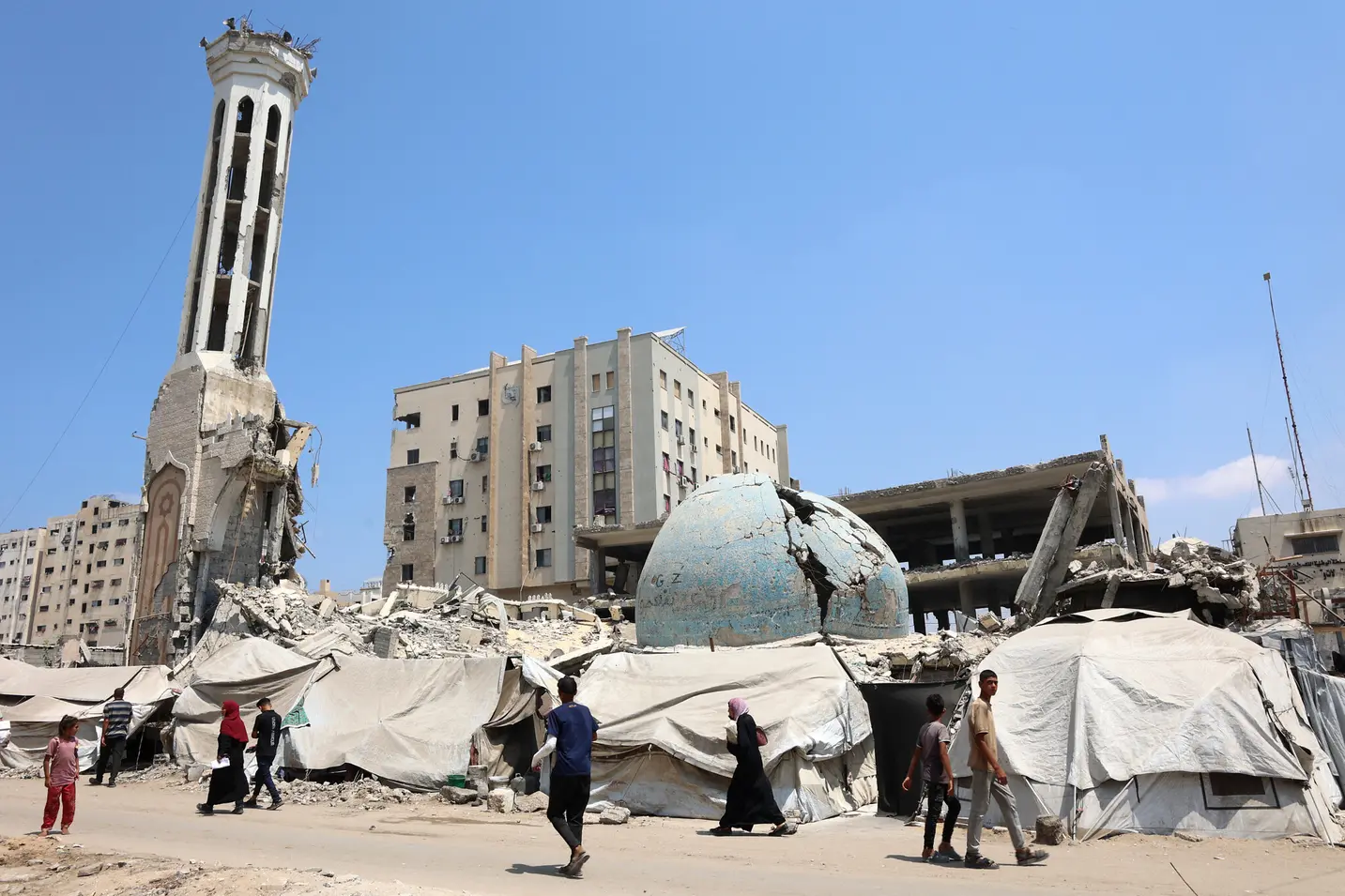
Ceasefire talks advance
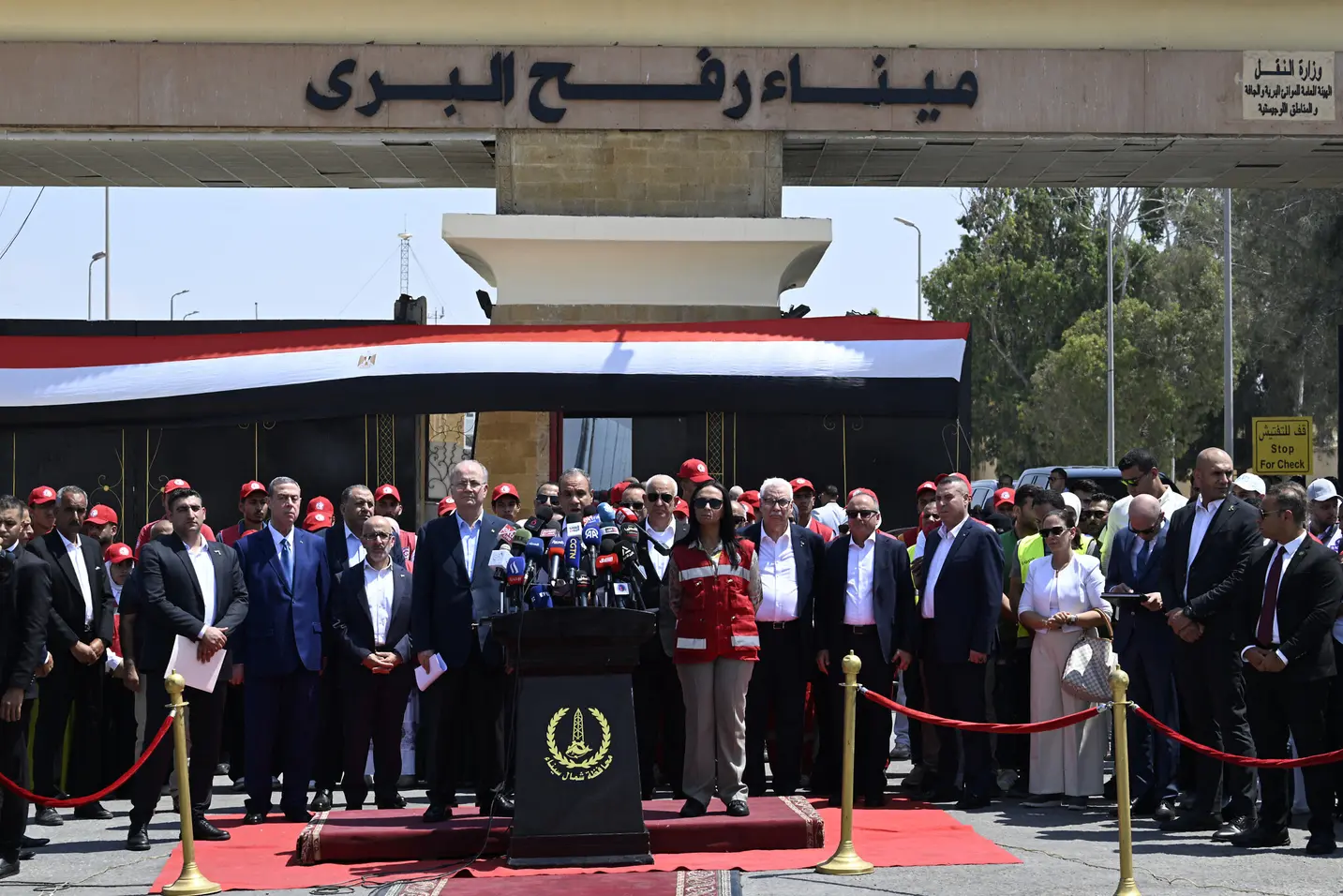
Gaza truce talks advance
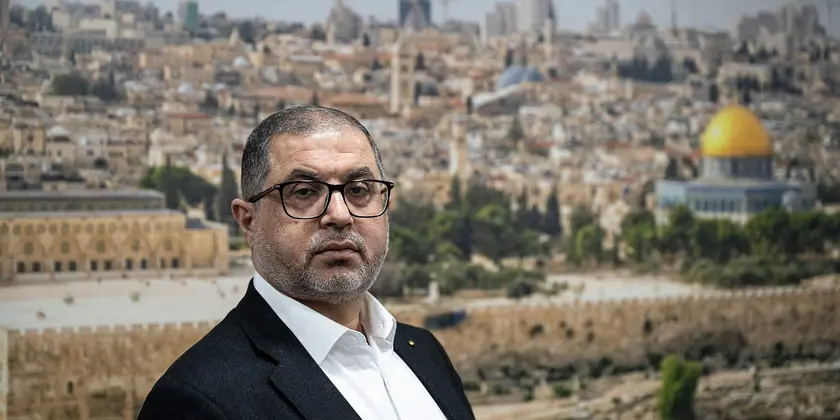
Hamas backs talks on end to Gaza war
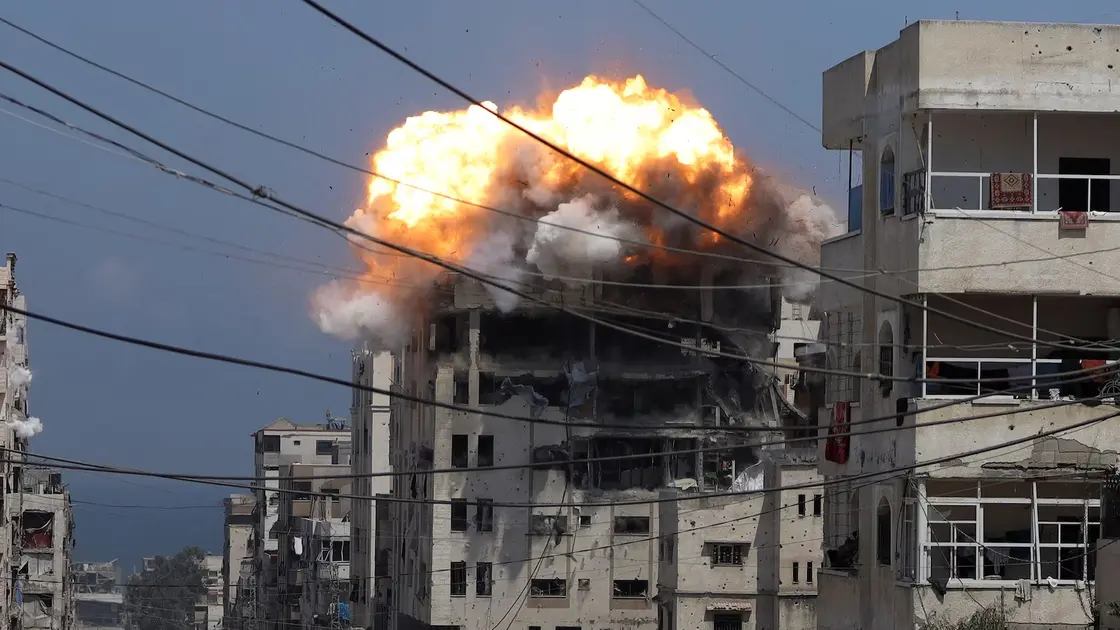
Twenty-five nations call for end to Gaza war
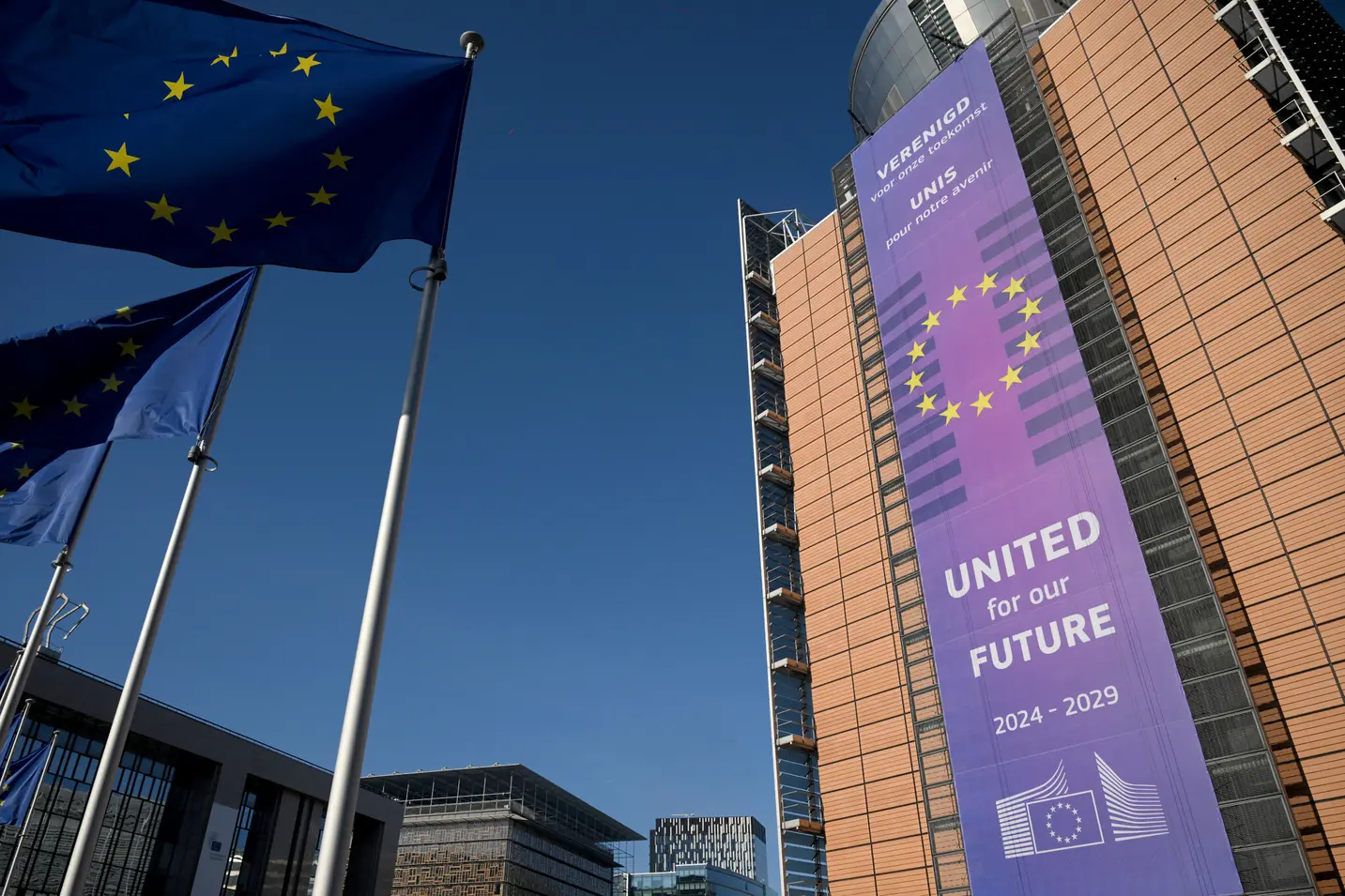
EU proposal to suspend Israeli funding fails to pass
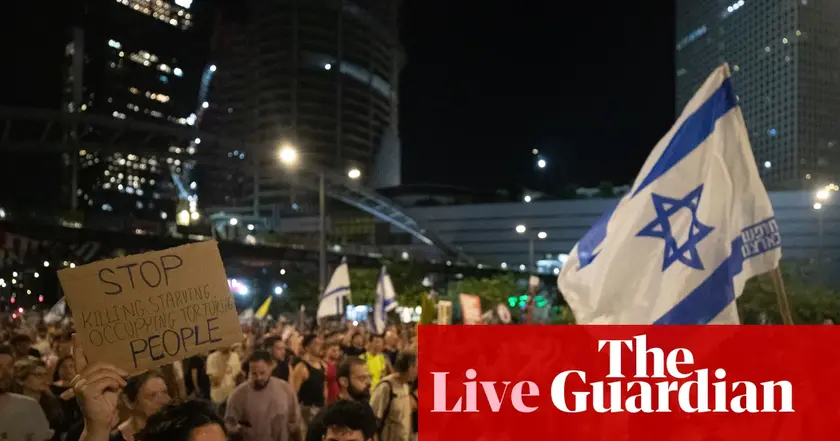
Gaza truce plan reaches Cairo

Kremlin presses Donetsk surrender in ceasefire offer
